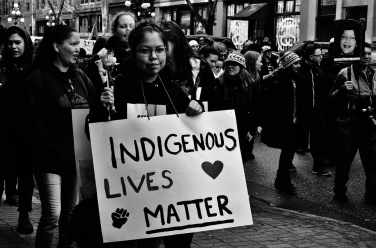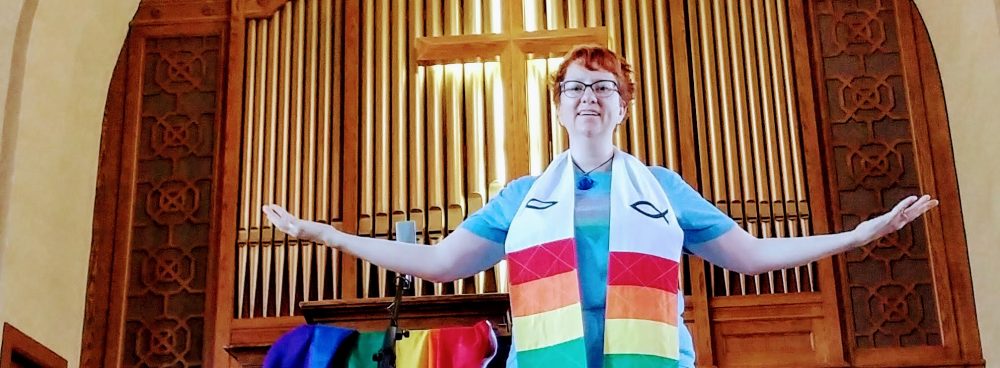Some years ago, I wrote my thesis on this passage: Genesis 4:1-16. It just happens that this is the second passage missing from the lectionaries. You can read my full thesis “Cain and Abel: Reimagining Stories of Violence.”
As I was writing the thesis, I wanted to challenge the assumption that violence is normative and inevitable. The gist of the story is that there are two brothers. Cain is a farmer and Abel is a herder. When they make their offerings, Cain becomes jealous because it seems that the younger brother hasn’t had to work as hard and has become wealthier. Cain sees the wealth and the supposedly easier labour his brother and assumes that God favours his brother over him. It isn’t necessarily that God rejects Cain but that he has projected his own feelings of inadequacy onto God.
It is up to Cain what he will do next. He has responsibility for how he responds to these feelings of inadequacy and jealousy. In his jealousy, Cain is unable to control his emotions kills Abel.
Once Abel is dead, God arrives on the scene and asks Cain where his brother is. Cain is unwilling to offer a direct answer and instead responds by asking whether he is his brother’s keeper?
According to Kristen Swenson, the verb translated as keeper is used both in keeping the garden (Genesis 2:15) and keeping the brother. Keeping has to do with being a companion. It implies care, concern and responsibility. [1] No one in the Cain and Abel story answers the question “Am I my brother’s keeper?” Cain doesn’t answer, and God doesn’t answer. It is a question each of us needs to answer. Are we keepers of other humans? Are we keepers of the creation? Are we companions on life’s journey?
Not only does Cain kill his brother, but he also avoids taking any responsibility for the death. It is the earth that accuses and curses Cain for his violence. This moment reminds us that we are connected directly to the rest of creation and with each other. The violent death of one person has a direct impact on the earth as well as the community. For any of us to thrive, we need to be keepers for each other and the earth.

Image: kennymcdonald
Cain is afraid that because of his violence, he will be killed. If Cain is killed the cycle of violence will be maintained, but instead, God ends the cycle of violence by offering Cain protection. God is concerned with preventing violence, and the antidote to violence is keeping or companioning other people and the earth. Perhaps, violence is not as inevitable as we sometimes think. Maybe we are created with a desire to keep and companion at our core. Violence is what happens when we are disconnected from ourselves, our emotions, our spirit, our creator. What would the world be like if all of us lived with the intent to be companions?
[1] Kristen M. Swenson, “Care and Keeping East of Eden: Gen 4:1-16 in Light of Gen 2-3,”
Interpretation 60 (2006): 374-75

Pingback: Bereshith 4:1-7 Eve’s discouragement over the curse of many children and trying to please God – Jeshuaisten / Jeshuaists
Pingback: From nothingness to a growing group of followers of Jeshua 2 To Please God – Jeshuaist